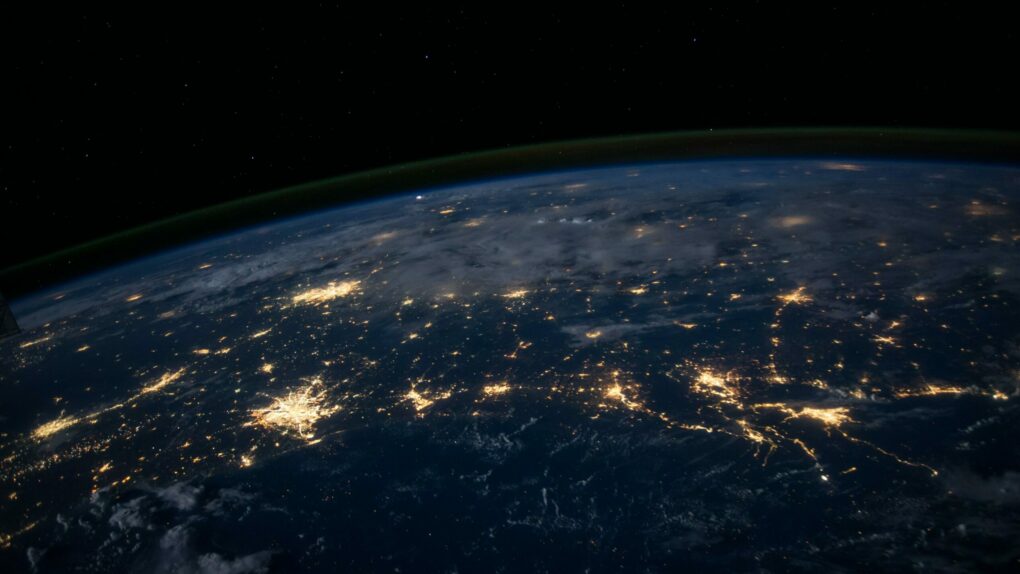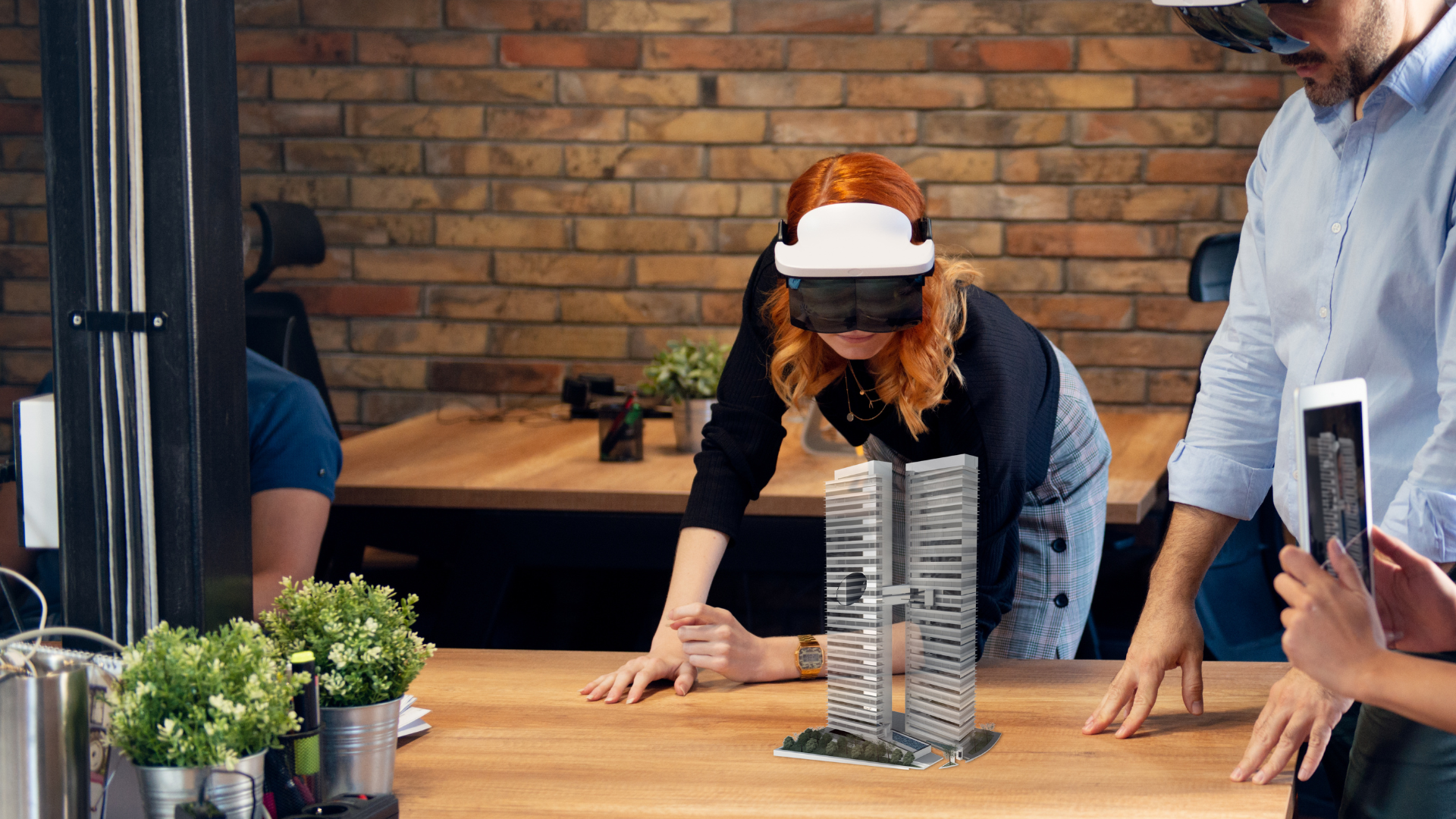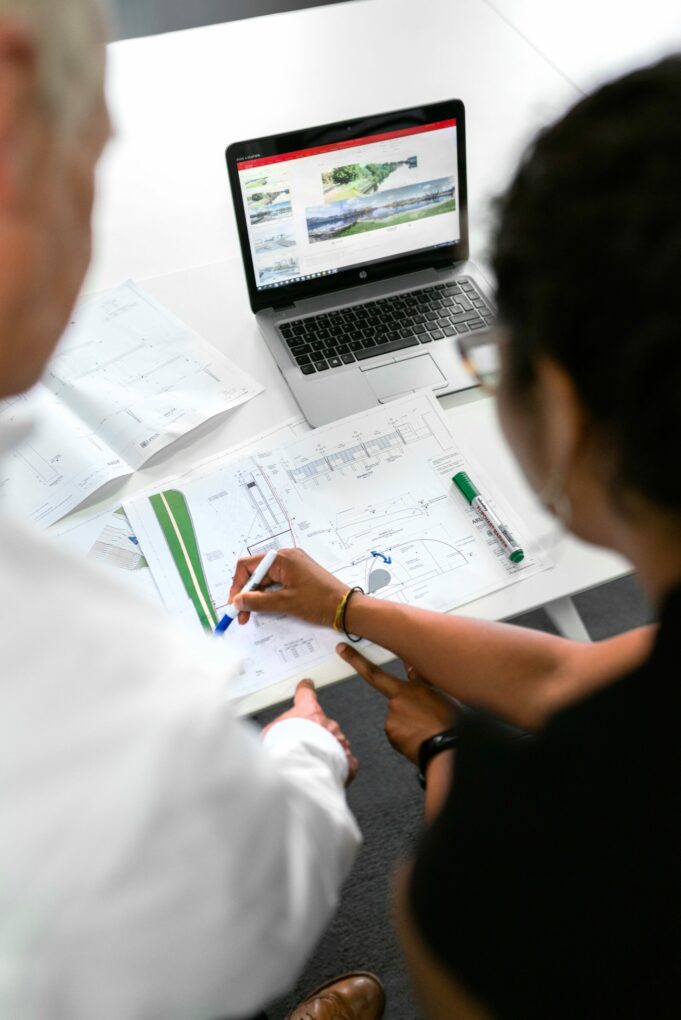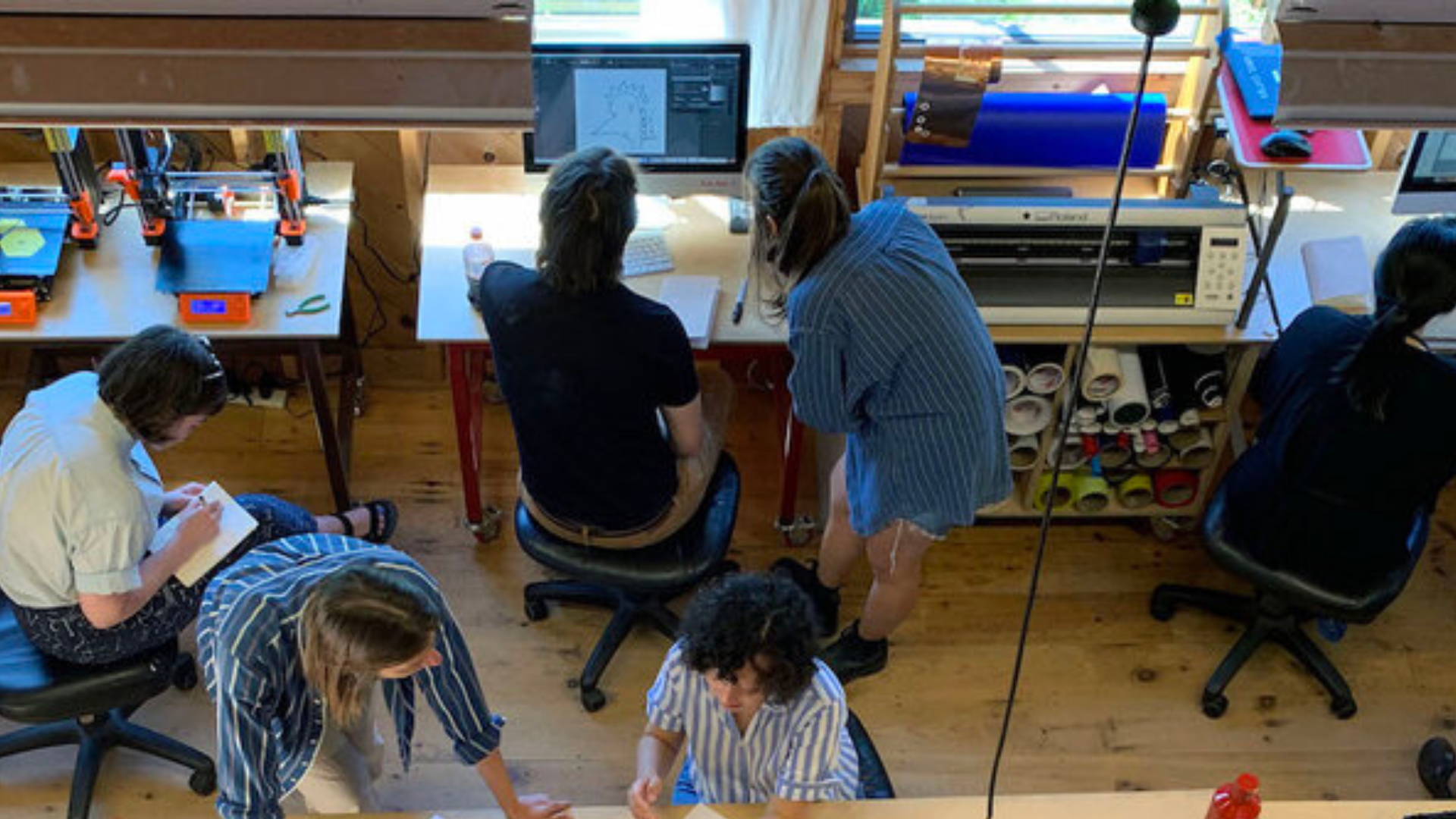Master in Design for Distributed Innovation

A remote and on-site hybrid learning program focused on the intersection between design, technology, ecosystems and communities to improve interspecies wellbeing.
Over the last three years, the Master in Design for Distributed Innovation (MDDI) has brought together a global community of changemakers, innovators, and designers committed to reshaping the way we approach planetary challenges.
In July 2025, after three impactful editions, MDDI will conclude its final cycle. The program has been a prototype in distributed education, an exploration of design and technology in context, and a testament to the power of local action with global impact.

A Radical Approach to Learning
This wasn’t just another academic program. It was an invitation to rethink how we learn, how we create, and how we connect knowledge across disciplines, geographies, and communities.
A Community of Innovators
Our alumni have gone on to launch startups, lead strategic innovation in organizations, and drive systemic change in public and private sectors. They have created local initiatives for regenerative design, contributed to open-source knowledge networks, and pioneered new models of production and consumption.
A Globally Connected, Locally Impactful Model
MDDI is designed as a networked learning ecosystem. Students join from all over the world, engaging in a curriculum that blended remote seminars, hands-on prototyping in local Fab Labs, and collaborative research across diverse contexts.
With each edition, we saw an emerging shift—a new kind of designer and innovator, one who understands that real change happens at the intersection of design, technology, communities, and ecosystems.

Throughout three editions MDDI has shaped a generation of professionals who:
Explored planetary-scale design challenges with locally rooted solutions.
Developed interdisciplinary skills in digital fabrication, bio-design, distributed economies, and systemic innovation.
Created projects that bridged research, policy, and real-world impact.



